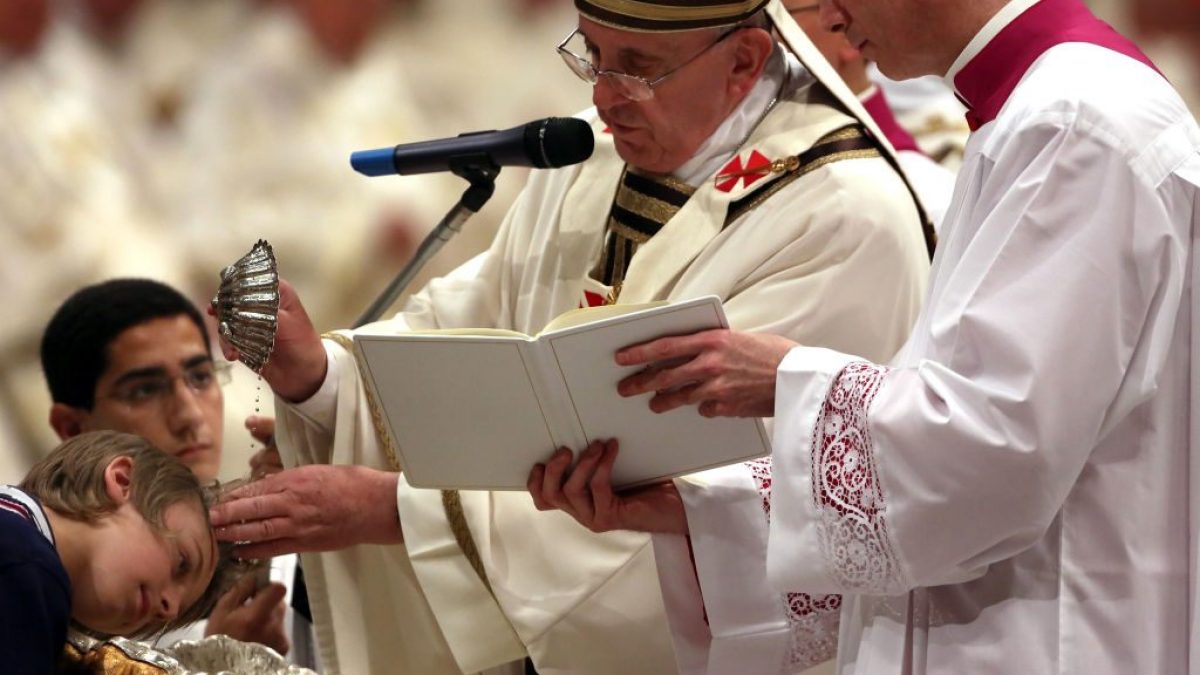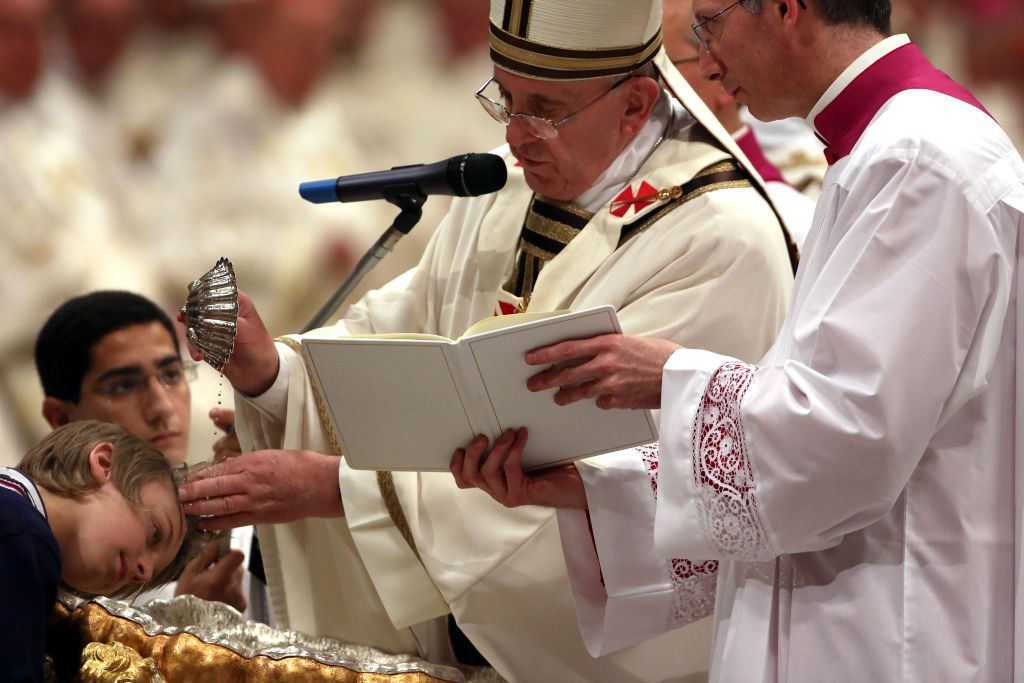The Vatican on baptism: “If the priest uses the formula we baptize you it is not valid”
The Congregation for the Doctrine of the Faith contested with a note some liturgical abuses carried out by priests during the rite of baptism which, if given with the formula “we baptize you” is not valid and it is as if it has never been celebrated. Those who have received it in this way must be baptized “in absolute form”, that is, by repeating the rite according to the liturgical norms established by the Church.

Baptism imparted using the formula “we baptize you“is not valid, on the contrary. It is as if it has never been done. She established it there Congregation for the Doctrine of the Faith which disputes liturgical abuses carried out by some priests. “When the minister says ‘I baptized you’ he does not speak as an official who carries out a role entrusted to him, but works ministerially as a sign-presence of Christ”. So translate that I with “we”, to give the rite a sense of community, effectively renders the sacrament invalid. The Pope “approved” the indications and “ordered their publication”, reports the former Holy Office. However, he adds, “recently there have been celebrations of the Sacrament of Baptism administered with the words: ‘In the name of father and mother, godfather and godmother, grandparents, family members, friends, in the name of the community we baptize you in the name of the Father and the Son and the Holy Spirit. ”Apparently, the deliberate modification of the sacramental formula it was introduced to underline the community value of baptism, to express the participation of the family and those present and to avoid the idea of concentrating sacred power in the priest to the detriment of parents and the community “.
But the “I” which the priest must pronounce has a very precise doctrinal value: “sign-presence of the very action of Christ”. Therefore, he cannot speak on behalf of others. As the note sent by the Vatican explains, in the celebration of the Sacraments the assembly does not act “collegially”, but “ministerially” and the minister “does not speak as an official who plays a role entrusted to him, but acts ministerially as a sign-presence of Christ, who acts in his Body, giving his grace “. In this light “we must understand the Tridentine dictate on the minister’s need to have the intention at least of doing what the Church does”: an intention that cannot remain “only at the interior level”, with the risk of subjectivism, but rather it also expresses in an “external act” performed “not in one’s own name, but in the person of Christ”. Now the question of baptisms celebrated with this opens up wrong rite, also because in practice baptisms with the formula ‘we’ are as if they had never been done. In other words, how many received it in this way must be baptized “in absolute form”that is repeating the ritual according to the liturgical norms established by the Church.



